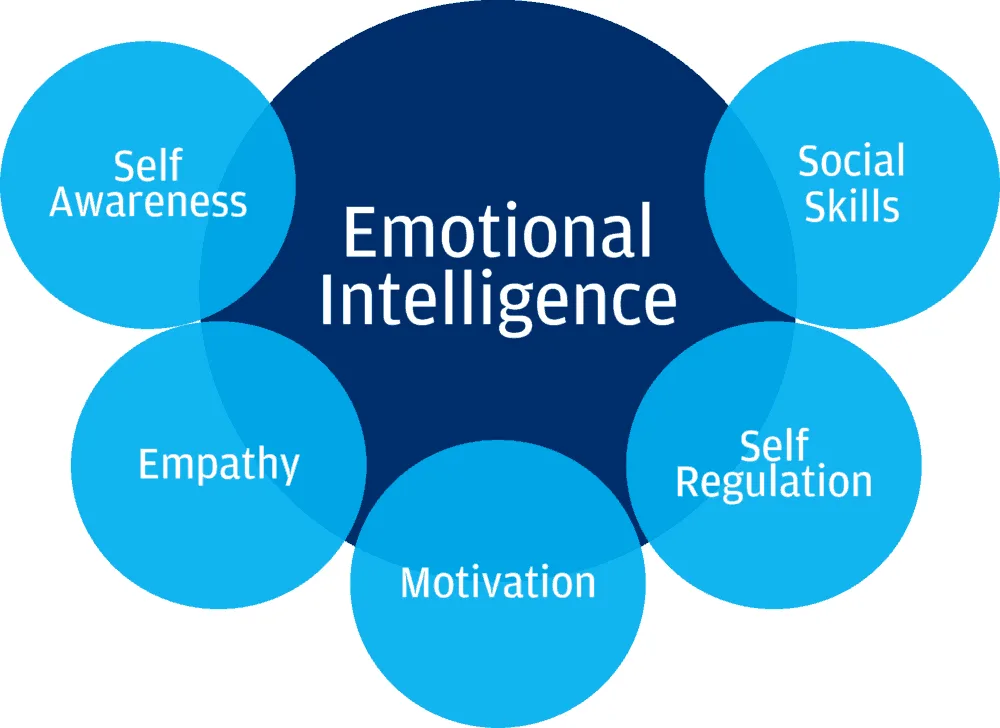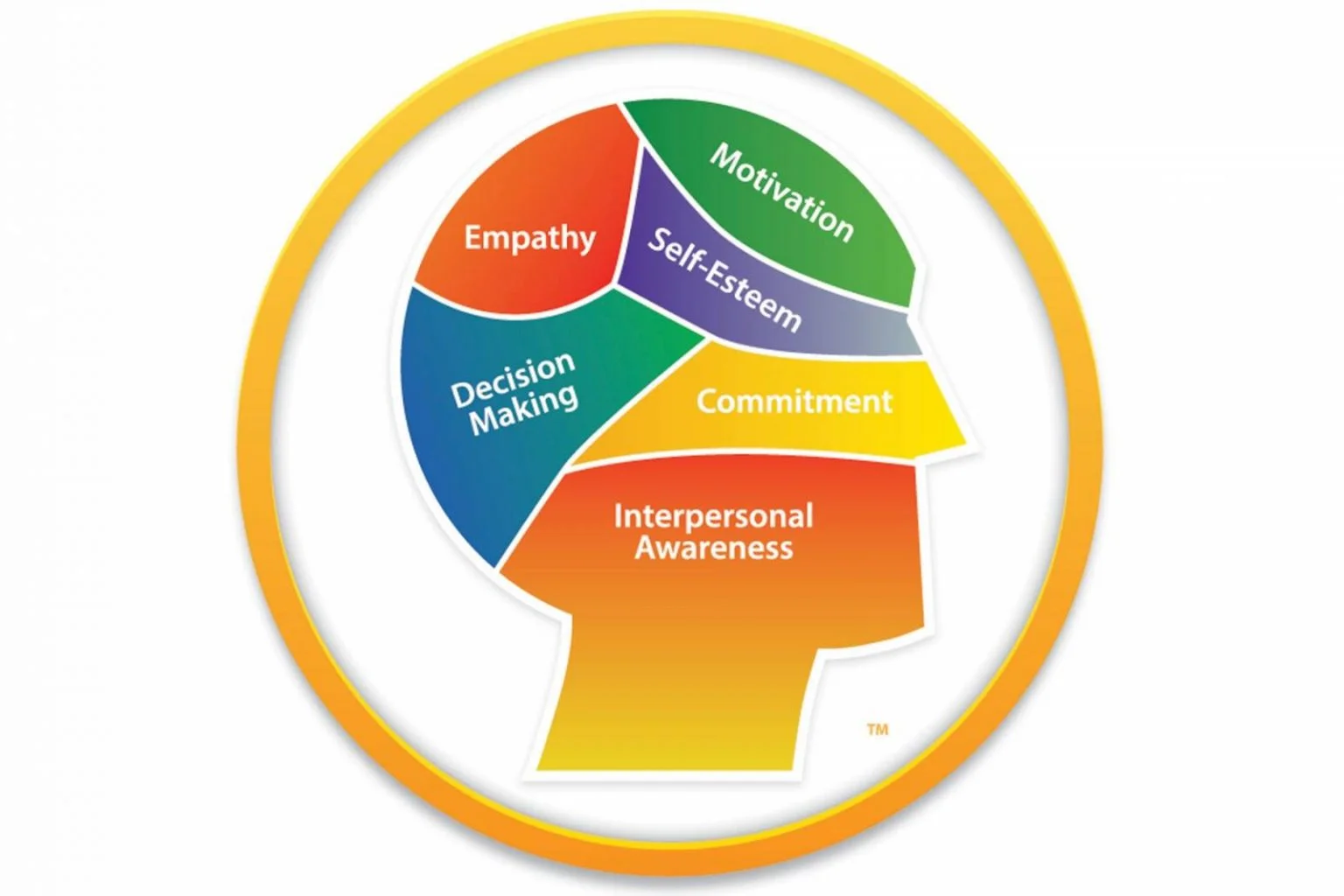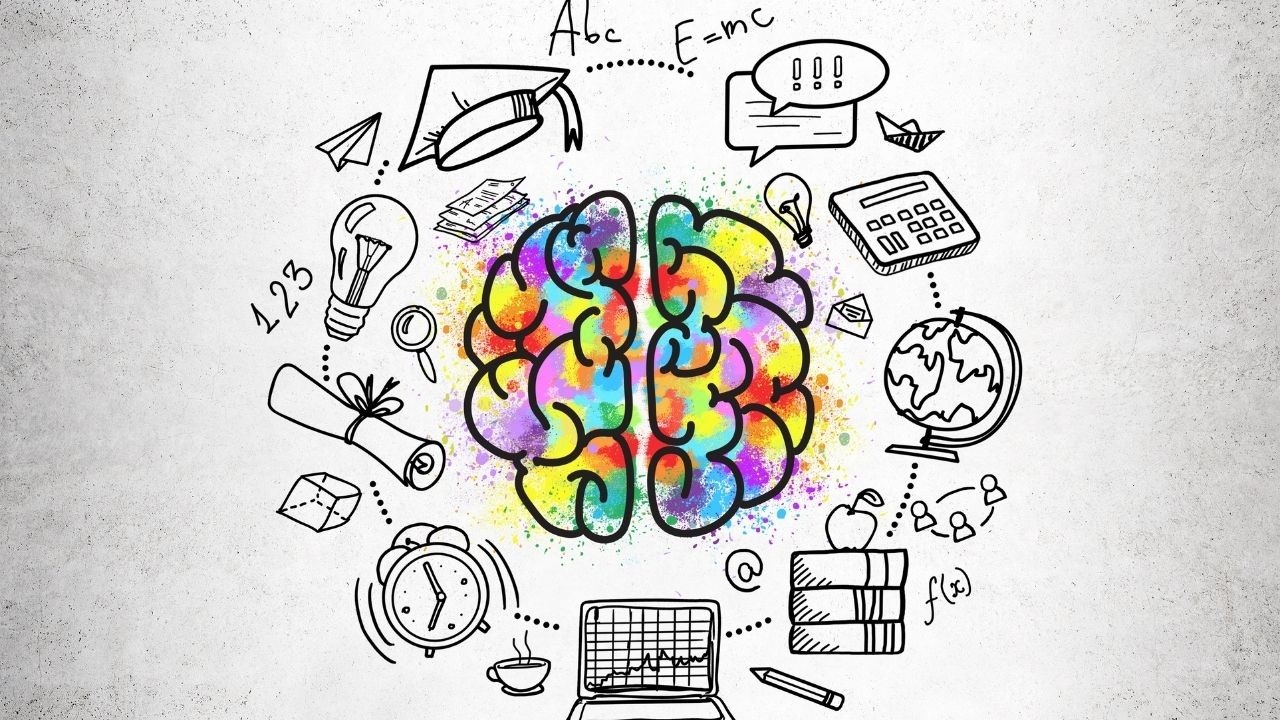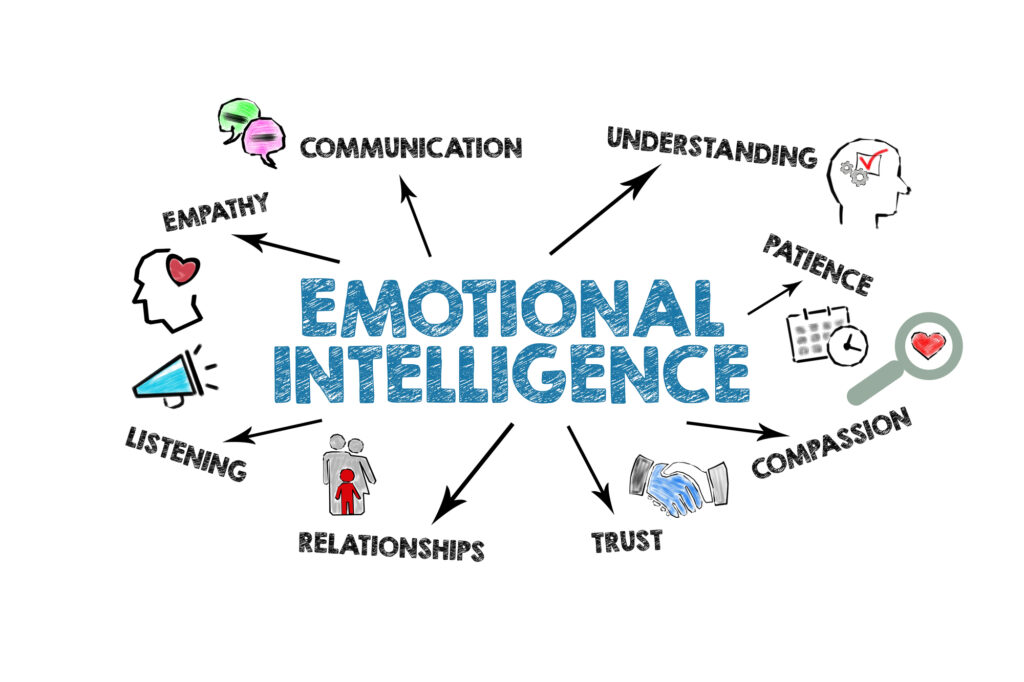Choosing the right school for your child is one of the most important decisions you will ever make. With so many factors to consider, from academics to values, parents in Dehradun are increasingly turning to trusted platforms like Verified Campus to guide their search. Beyond exam scores and extracurriculars, today’s best schools focus on nurturing a child’s emotional and social skills. Emotional Intelligence education is emerging as a crucial component in shaping well-rounded, confident, and emotionally resilient individuals.
Understanding Emotional Intelligence Education
Emotional Intelligence education is a structured approach to helping children build emotional awareness and regulation. It involves social-emotional learning practices that cultivate empathy, cooperation, and conflict resolution skills. Schools that incorporate emotional intelligence education provide a safe environment where students learn to handle their feelings constructively and respect others’ emotions.
Such education emphasises the importance of emotional well-being in students. By addressing emotions proactively, children gain tools to manage stress, anxiety, and peer pressure, which are common challenges in the school environment. Emotional intelligence education, therefore, serves as a foundation for mental health education, encouraging children to adopt healthy habits early in life.

The Role of Social-Emotional Learning in Schools
Social-emotional learning (SEL) is a core component of emotional intelligence education. SEL programs teach students five key competencies: self-awareness, self-management, social awareness, relationship skills, and responsible decision-making. Integrating SEL into school curricula helps children develop character and ethical values alongside academic knowledge.
By focusing on social-emotional learning, schools create an inclusive atmosphere where every child feels valued and understood. SEL also reduces incidents of bullying and behavioural issues by promoting empathy and positive communication among students. Consequently, it lays the groundwork for character development, which is essential for building responsible and compassionate future citizens.

Emotional Well-being in Students: Why It Matters
The emotional well-being of students directly impacts their academic performance and overall development. Children who experience positive emotional health tend to be more motivated, focused, and engaged in their studies. Conversely, unresolved emotional difficulties can lead to poor concentration, absenteeism, and decreased academic achievement.
Emotional intelligence education supports emotional well-being by teaching children coping mechanisms and stress management techniques. These skills empower students to face academic pressures and personal challenges confidently. Additionally, emotional well-being in students fosters a sense of belonging and self-worth, both of which contribute to a happier and more productive school experience.
Mental Health Education and Emotional Intelligence
Mental health education is increasingly recognised as an essential part of holistic schooling. Emotional intelligence education complements mental health education by equipping students with the emotional skills necessary to maintain mental wellness. Together, these educational approaches work to reduce stigma around mental health issues and encourage early intervention.
Schools that prioritise mental health education along with emotional intelligence education prepare students not only to excel academically but also to lead balanced lives. Such education teaches children how to recognise warning signs of emotional distress in themselves and others and seek appropriate support. This proactive approach can prevent more serious mental health problems later in life.
Value-Based Learning Through Emotional Intelligence Education
Value-based learning aims to instil moral and ethical principles in students, helping them develop into conscientious individuals. Emotional intelligence education aligns with this by promoting respect, integrity, and compassion. Through lessons in empathy and emotional regulation, children learn the importance of values in their personal and social lives.
When schools combine emotional intelligence education with value-based learning, they nurture students’ character development in meaningful ways. This holistic approach ensures that children grow not only intellectually but also as empathetic and responsible members of society. Such education supports parents’ aspirations for their children to become good human beings, not just successful students.

Benefits of Teaching Emotional Intelligence in Schools
Incorporating emotional intelligence education in schools offers numerous benefits:
-
Improved Academic Outcomes: Students with strong emotional intelligence tend to perform better academically due to enhanced focus and motivation.
-
Stronger Relationships: Learning empathy and communication skills helps children build healthier friendships and family connections.
-
Better Mental Health: Emotional regulation skills reduce anxiety and depression among students.
-
Enhanced Problem-Solving: Emotional intelligence encourages thoughtful decision-making and creative problem-solving.
-
Positive School Climate: Schools with emotional intelligence education enjoy less bullying, reduced conflicts, and a more inclusive environment.
These benefits demonstrate why emotional intelligence education is no longer optional but a critical part of contemporary schooling.
How Parents Can Support Emotional Intelligence Education
Parents play an important role in reinforcing the lessons learned at school. Encouraging open conversations about emotions at home helps children practice emotional intelligence daily. Parents can model healthy emotional behaviour, such as managing stress and resolving conflicts peacefully.
Selecting a school that values emotional intelligence education, social-emotional learning, and mental health education is a key step for parents who want their children to thrive emotionally and academically. By partnering with schools that prioritise character development and value-based learning, parents contribute to the holistic growth of their children.
Conclusion
Emotional Intelligence education is an essential pillar of modern schooling that supports the emotional well-being and character development of students. As parents in Dehradun consider schools for their children, it is crucial to recognise the importance of social-emotional learning, mental health education, and value-based learning integrated within the academic curriculum.
Schools that emphasise emotional intelligence education prepare students not only for academic success but also for the complexities of life beyond the classroom. Verified Campus offers insights and guidance to parents seeking schools that champion these essential aspects of education, ensuring children grow into well-rounded, resilient, and empathetic individuals.


